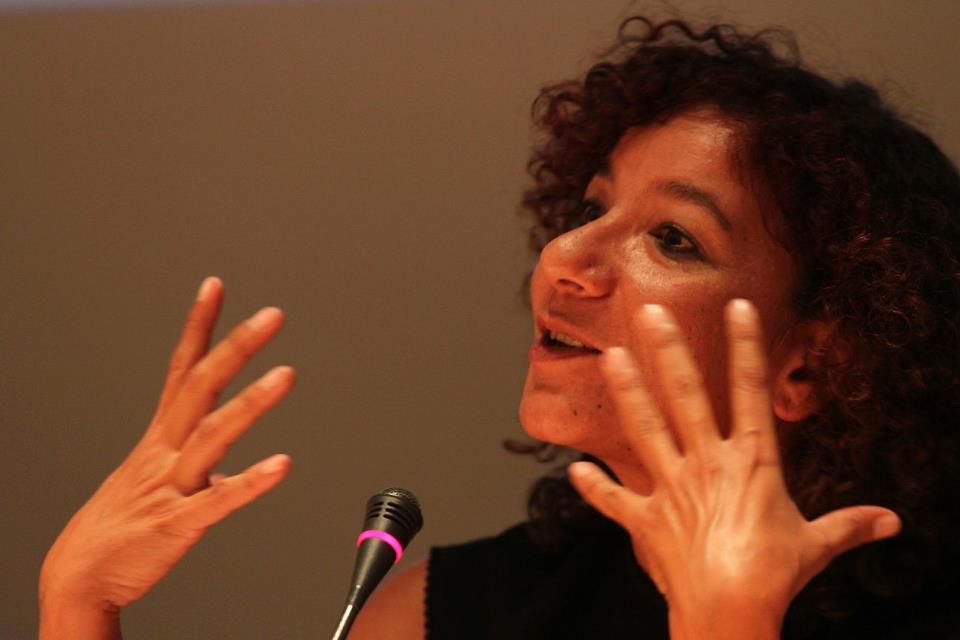CAIRO: Sudanese writer Al-Tayib Salih, author of “Season of Migration to the North, died Wednesday in London at the age of 80.
According to Sudan Tribune, he died following complications related to a kidney condition.
Salih left behind a literary catalogue that made readers revisit their experience and understanding of post-colonialism and its pathways into everyday life experiences of thought, sentiments and sexuality.
Born in a province north of Sudan where his cultural references came from small farmers and religious teachers, Salih moved to London to start an academic and professional career that constantly put both his worlds at a crossroads. His work is essentially a hybrid of those worlds; where he consciously and unrelentingly explores himself in light of the distant other.
“Season of Migration to the North – at one point declared the most important Arabic novel of the 20th century – took readers from across the Middle East and Africa to an escapade to the land of the other. The book tells the story of a Sudanese man who spends an extensive period of his youth in the West, goes back to his hometown and walks us through his experience with return.
Known in contemporary culture as a land fertile with promises, a dynamic anti-thesis of home, where belonging becomes contested, Salih invited readers to embark on an alternative endeavor to discover that other, in a narrative that challenges the persistent discourses of power and media.
Eventually, reading him became a journey of delving unto oneself and studying its multiple cultural crossbreeds.
In “The Wedding of Zein, he depicts indigenous Sudanese rural heritage, using the very eccentricities that holds it distant from the rest of the modern world and yet unfolding the endless humanity in it.
When Kuwaiti filmmaker Khalid Al Siddiq adapted the novel into a film in the late 1970s, he earned an award in the Cannes Film Festival; a historic moment that reversed the ubiquitous homilies charged with orientalism.
This moment was reproduced every time Salih s works were translated into western languages, giving access to wider audiences through highly sensible translations.
Besides his literary contributions, Salih worked in different institutions that stand on the giving side of cultural production from the British Broadcasting Corporation (BBC) in London, to the UNESCO in Paris, to the Ministry of Information in Doha.
Today, he is socially well-placed in the collective memory of his compatriots. A colleague from Khartoum, Eman Al-Tijiny, called in tears; He was a symbol of the real Sudan we knew, she said. If he and people like him were given a chance, we would probably not have a conflict in Sudan.



